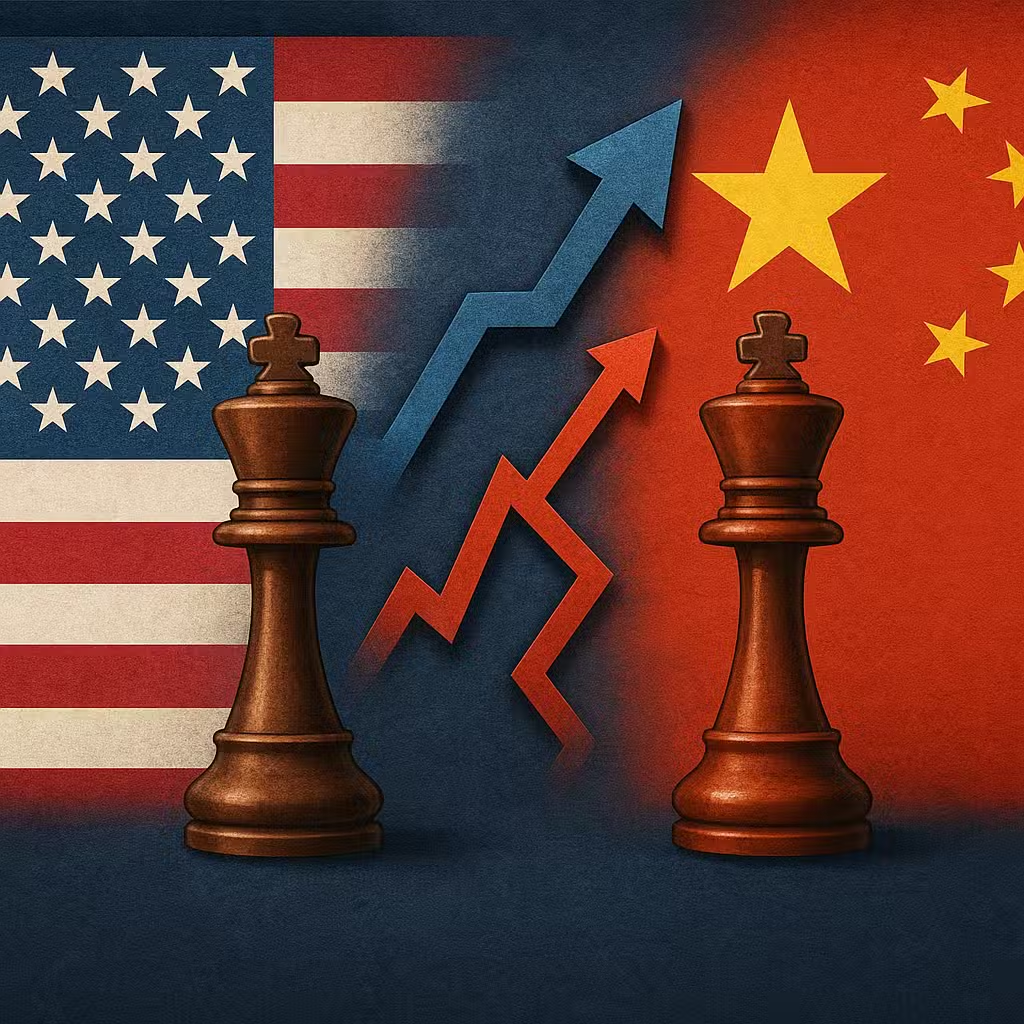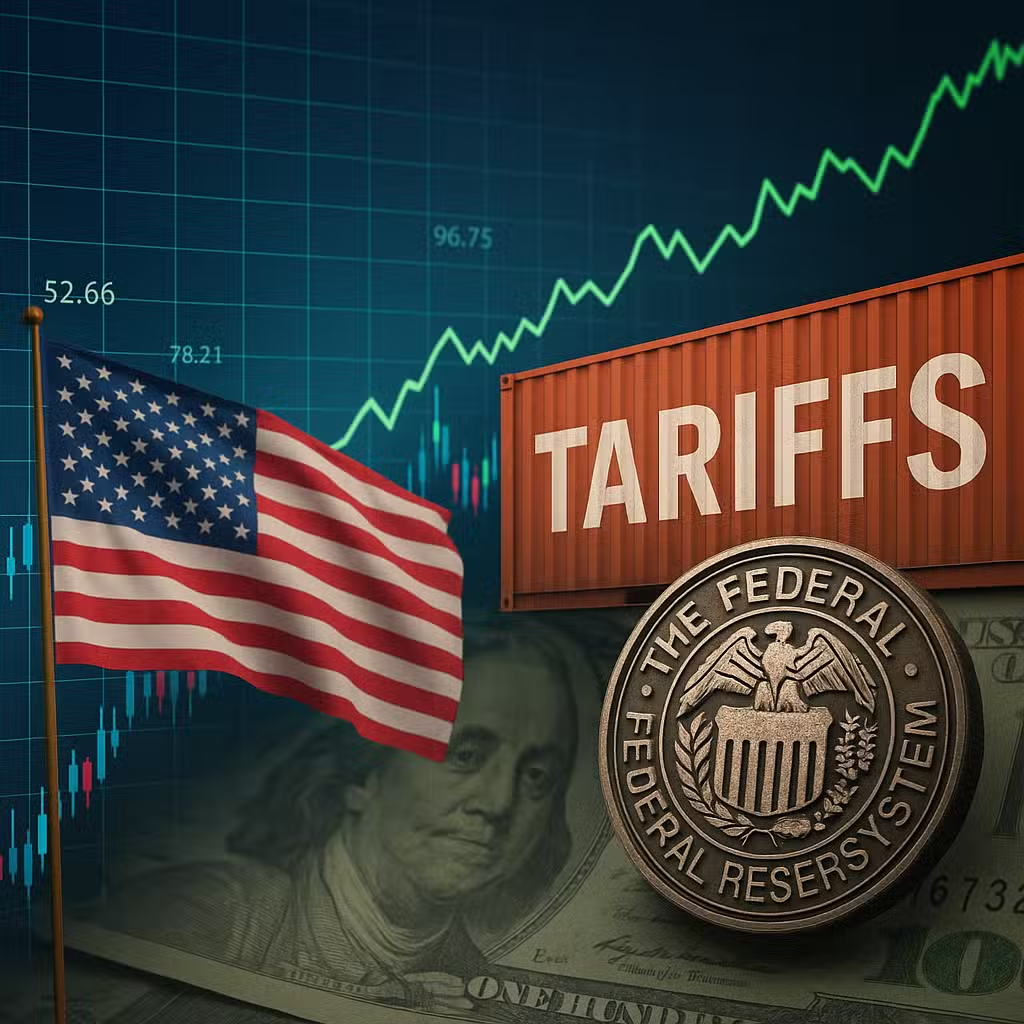Wall Street Analysts Highlight Three Tech Stocks With Strong Growth Potential for Investors
Imagine investing is like picking players for a sports team—you want the stars who will help you win, but you also don’t want to get caught up in the hype and overpay for someone just because everyone is talking about them. That’s what’s happening right now with artificial intelligence (AI) stocks. Some investors worry prices are too high, but others see real growth and strong reasons to stay in the game.
Why AI Stocks Matter for Investors
AI is quickly changing how companies work and make money. For investors, this means big opportunities—but also risks. High prices can mean big rewards if the growth continues, or big losses if the bubble bursts. Knowing which companies have solid foundations can help you make smarter choices for your portfolio.
Bull Case: Reasons to Be Excited
- Amazon (AMZN): Amazon’s cloud service, AWS, is growing fast thanks to AI. Analysts like Lloyd Walmsley from Mizuho boosted his price target for Amazon to $315, expecting AWS revenue to reach $157 billion in 2026. This is more than what most experts predict. Amazon is also using robots and smarter systems to lower costs in its retail business, which helps profits. (Source)
- Alphabet (GOOGL): Google and YouTube’s parent company just had a record quarter, crossing $100 billion in revenue for the first time. AI is making Google’s search and ads smarter, leading to more clicks and higher sales. Their cloud business is also booming, with a $155 billion backlog. JPMorgan’s Doug Anmuth raised his price target to $340 and sees AI as a big opportunity, not a threat. (Source)
- Advanced Micro Devices (AMD): AMD makes the chips that power AI in data centers. Their sales are strong in servers and computers, and analysts think their AI chip business could reach $6.5 billion next year. Deals with OpenAI and Oracle Cloud show people want AMD’s tech. Analyst Ruben Roy is especially optimistic, raising his price target to $280. (Source)
- Historical Growth: The S&P 500 Information Technology sector has returned about 17% per year over the past decade, far outpacing the broader market (S&P Global).
Bear Case: Reasons to Be Careful
- High Prices: AI stocks are expensive compared to their earnings. If growth slows, prices could fall fast.
- Bubble Worries: Some experts compare today’s excitement to the dot-com bubble of the early 2000s, when tech stocks crashed after getting too hot.
- Competition: The AI race is crowded. Companies like Microsoft, Nvidia, and smaller startups are all fighting for a piece of the pie, which could hurt profits.
- Regulation Risk: Governments are starting to look more closely at AI. New rules or restrictions could slow down growth or make it more expensive for companies.
- Past Lessons: During the dot-com bubble, the Nasdaq index lost 78% from its peak in 2000 to its low in 2002, showing how fast tech stocks can fall when the hype fades (Investopedia).
What the Top Analysts Are Saying
- Lloyd Walmsley (Amazon): Ranks in the top 1% of analysts, with a 64% win rate and 27.5% average return.
- Doug Anmuth (Alphabet): Top 2% analyst, with a 63% win rate and 22% average return.
- Ruben Roy (AMD): Among the best, with a 71% win rate and 34.4% average return.
These analysts have good track records, but even the best experts can’t predict the future with certainty.
Investor Takeaway
- Don’t chase hype: If a stock’s price is soaring, make sure the company’s real growth supports it before buying in.
- Diversify: Don’t put all your eggs in one basket. Spreading your money across different sectors can help protect you from sudden drops.
- Watch for changes: Keep an eye on news about AI regulation and competition, as these can quickly affect stock prices.
- Focus on fundamentals: Look for companies with strong earnings, smart management, and real demand for their products—not just flashy headlines.
- Review your plan: High-flying sectors like AI can swing up and down fast. Make sure your investments match your risk tolerance and goals.
For the full original report, see CNBC







